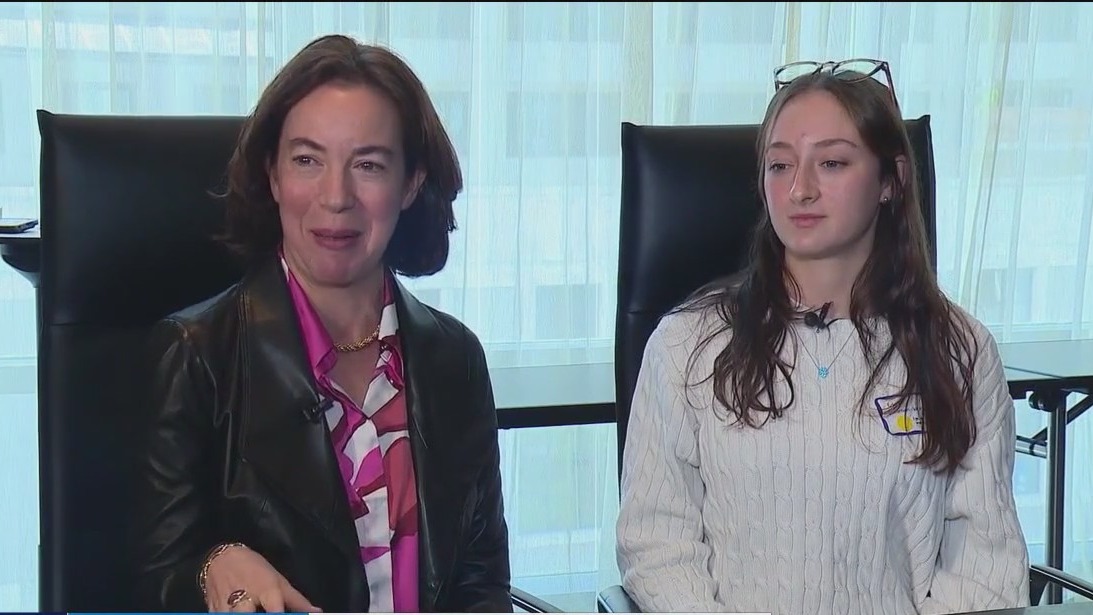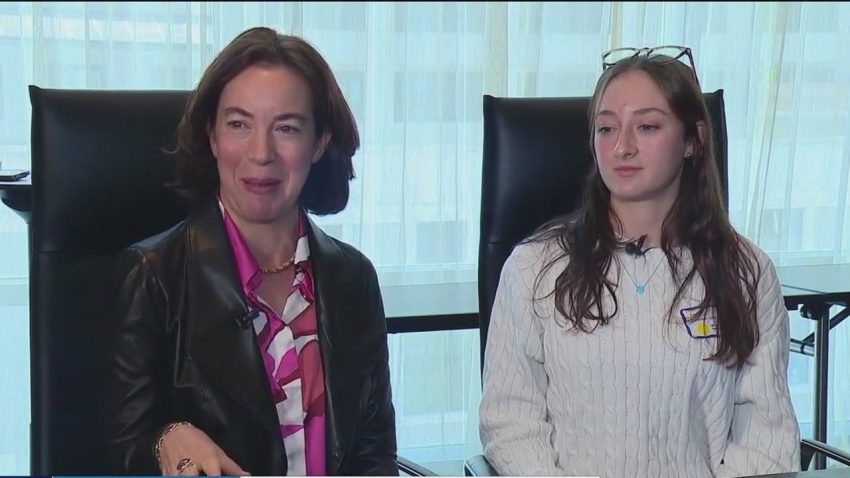
Understanding misophonia
A little-known but deeply disruptive condition is getting its moment in the spotlight right here in Chicago.
CHICAGO – A little-known but deeply disruptive condition is getting its moment in the spotlight in Chicago.
A groundbreaking new conference will bring together scientists, doctors, and those personally affected by misophonia, a disorder where everyday sounds can trigger extreme emotional reactions.
What we know:
One in five adults suffer from misophonia. It usually shows up in childhood, but it’s usually misinterpreted as a personality trait and not a medical disorder. It’s a rare condition where common sounds can cause a variety of triggers.
The Misophonia Research Fund is a Chicago-based nonprofit, founded by Steve and Diane Miller in 2018 after their daughter started experiencing a serious reaction to chewing sounds.
It’s a sound the average person might hear every day — chewing, tapping, heavy breathing. Some may find these sounds annoying, but for most of us, that’s as far as it goes. For people living with misophonia, those everyday sounds can trigger something much more intense — from rage, to panic, to a desperate urge to escape the situation. Symptoms often first appear during the teenage years, and in many cases, there’s a family history of the condition.
Now, a first-of-its-kind conference is happening in Chicago and aims to shift the conversation around misophonia. Hosted by the Misophonia Research Fund, the group has already committed over $12 million to advancing scientific research and understanding the disorder. The Misophonia Collaboration Forum Conference is bringing together top researchers, mental health professionals, and people living with misophonia — all with one mission: to advance science, raise awareness, and create real world solutions.
People with misophonia often go undiagnosed, misunderstood, and unsupported. It’s estimated to affect up to 15% of the population.
What they’re saying:
One mother explained how they cope with her daughter Eden’s misophonia symptoms.
“We’re driving in the car together, we roll down the windows, we put on the air conditioner, which is not great for the environment to do both of those at the same time, and we also play music,” Jennifer Goldman-Wetzler said. “To drown out my swallowing because Eden is down learning how to drive, we could be driving and I have to swallow. And it will trigger Eden, unless we have the background noise drowning it out.”
What’s next:
Misophonia doesn’t have a cure, but hearing aids are used to treat symptoms, as well as cognitive behavioral therapy. The disorder could become an official diagnosis, but it is currently under review.
The Source: This story contains reporting from Fox 32’s Tia Ewing.

